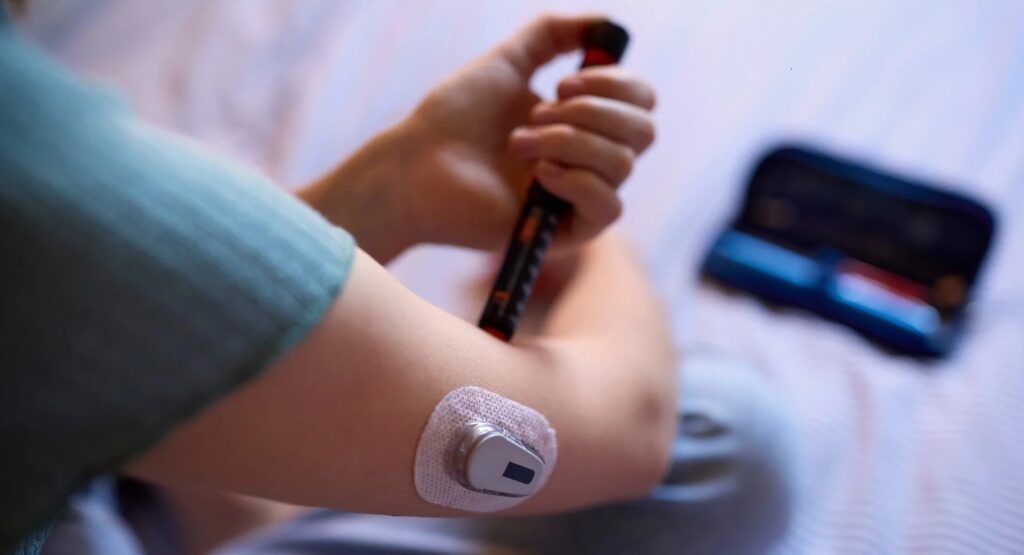09/01/2024
09/01/2024

AUSTRALIA, Jan 8: Researchers at the Baker Heart and Diabetes Institute in Australia have achieved a significant breakthrough in diabetes management by regenerating insulin-producing cells in the pancreas. The study focused on pancreatic ductal progenitor cells, which were coaxed to develop functions similar to β-cells using FDA-approved drugs targeting the EZH2 enzyme. These drugs, GSK126 and Tazemetostat, known for their use in cancer treatments, removed brakes imposed by EZH2, allowing the progenitor ductal cells to mimic the function of β-cells.
The researchers highlighted the fundamental role of targeting EZH2 in β-cell regenerative potential. The reprogrammed pancreatic ductal cells exhibited insulin production and secretion in response to a physiological glucose challenge. This breakthrough offers a potential alternative to round-the-clock insulin injections for managing type 1 diabetes, where the body's immune system mistakenly destroys β-cells.
The new cells, developed using the drugs, demonstrated the ability to sense glucose levels and adjust insulin production accordingly, a crucial feature for diabetes management. Tests on tissue samples from individuals with type 1 diabetes, aged 7, 61, and one aged 56 without diabetes, showed positive results. The regenerative process led to resumed insulin production within just 48 hours of stimulation.
While the research is still in its early stages, with clinical trials pending, the findings provide hope for the 422 million people worldwide living with diabetes. Current diabetes management relies on manual blood sugar level checks and insulin injections. This regenerative approach, targeting epigenetic mechanisms, represents a promising step forward in developing alternative treatments for diabetes. Epigeneticist Sam El-Osta emphasized the significance of this regenerative approach and the need for further understanding of the epigenetic mechanisms governing such regeneration in humans.


